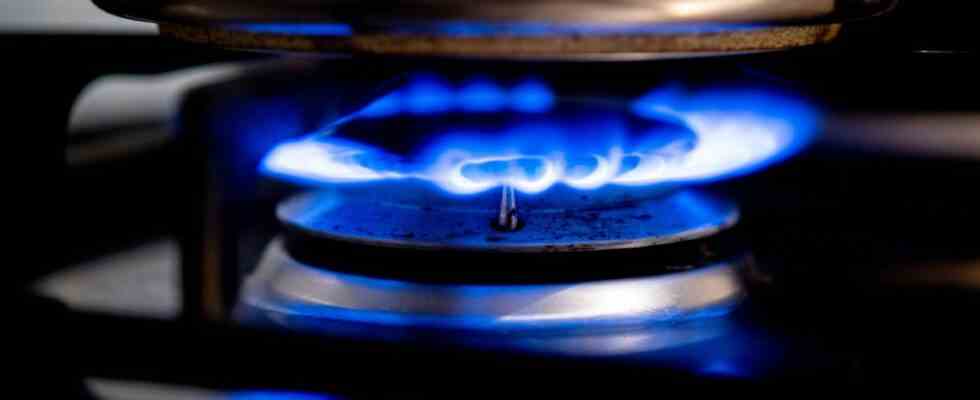It looks like a sign of hope, like a candle in the dark. Contrary to all forecasts, the German economy still grew somewhat from July to September. This surprise should not mislead anyone. Inflation, which was also strong in October, is likely to blow out the candle – and cause the economy to collapse in the coming months. Now is the moment to decide how politicians and collective bargaining partners can keep this crisis as small as possible.
Because it will probably be a crisis. The leading economic institutes see the economy shrinking in 2023. Everything should be so beautiful. Economic output has only just reached its level before the Corona crash. Now it should continue to grow, increase incomes and make people forget the times of the pandemic. Instead, until well into next year, double-digit inflation is likely to plague citizens in such a way that they reduce their consumption – and thus push the economy into the red.
The main cause of the inflation wave can be clearly identified. It is not the European Central Bank’s loose monetary policy, which was introduced a little back in the day, that is now rightly raising interest rates. But Vladimir Putin’s attack on Ukraine and the gas supply stop. However, these events will no longer drive prices up like they are now, once Germany has switched its energy supply. Anyone who explains to citizens that inflation does not have to remain at the current level for years reduces their uncertainty. And makes them more open to throwing away some savings to keep up as much of their usual spending as possible.
This would prevent the economy from crashing outright. Consumption is the central lever to keep the coming crisis small. In recent months, he has ensured that the gross domestic product has surprisingly increased somewhat. However, citizens will only continue to consume sufficiently if they receive sufficient help against inflation. What could this consist of?
The metal industry has something of a social duty to come to an agreement soon
On the one hand from higher wages. After the deal in the chemical industry, the metal industry is nearing completion. She has something of a social duty to come to an agreement soon. With chemicals and metal, almost five million employees and their families would have more wages – and could spend more money. At the same time, two such degrees would increase the pressure on the civil service not to go on strike until the trees are supposed to grow into union heaven.
How much the government helps citizens against inflation will also be decisive for consumption. The traffic light coalition already knew how much was needed when Vladimir Putin turned off the gas tap in early summer. Instead of acting immediately, she frittered away months with ideological debates about nuclear power and FDP leader Christian Lindner’s desire for tax relief for high earners in particular. The gas price brake, which was therefore hectically constructed, remains piecemeal, in which, like the tank discount, scarce money is wasted on the rich with XXL consumption.
Instead, more should reach those citizens who are particularly burdened by inflation, who earn little and whose consumption is therefore particularly at risk. If there is a gas price brake, then with a sharp upper limit for payments per capita. The brake shouldn’t wait until March either, which is too late for scared consumers. And additional consumer checks are necessary because people with little money also suffer from high food prices.
The government can still increase consumption and thus limit the crisis. But it must make better policy than before.

